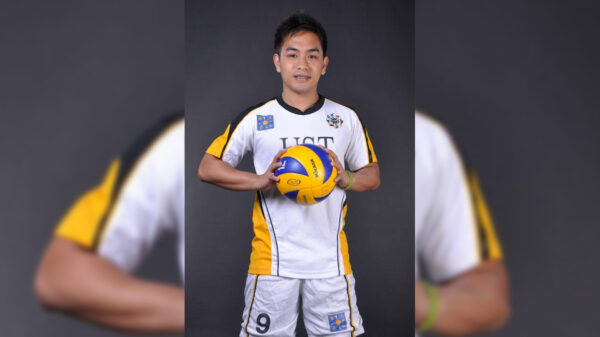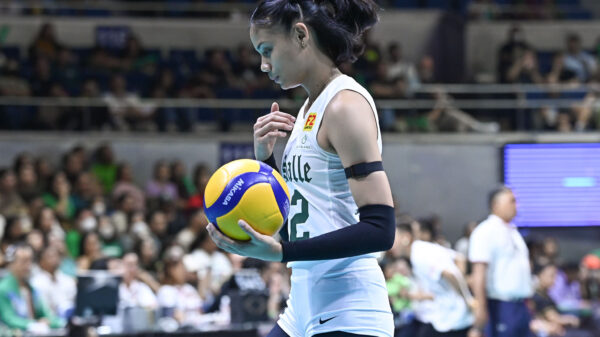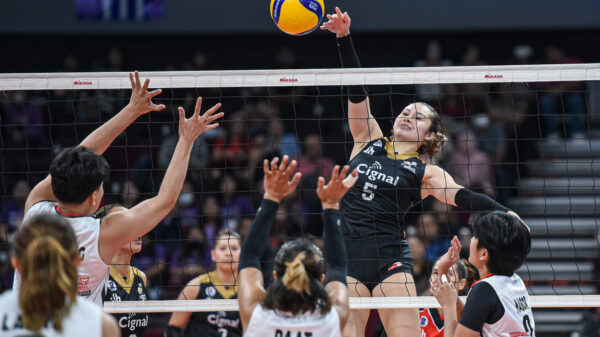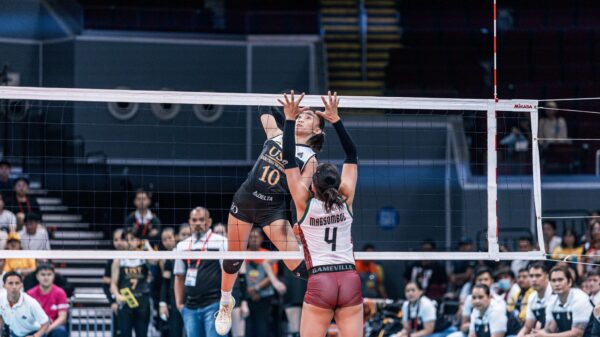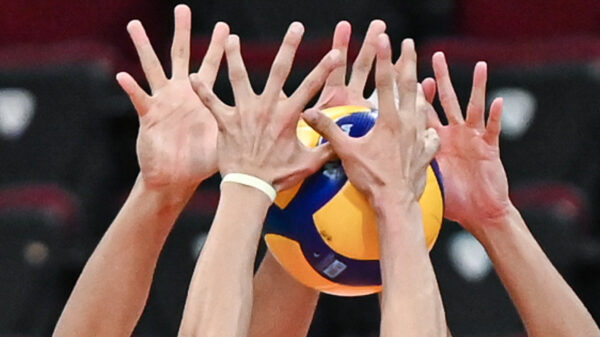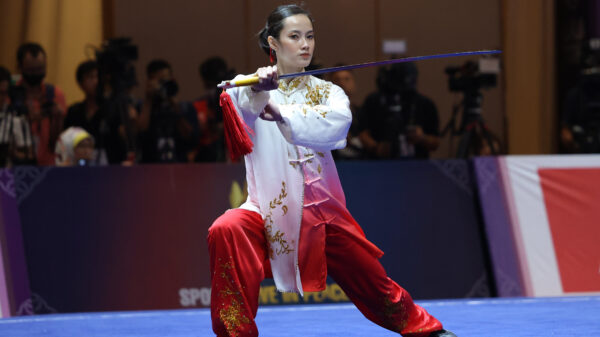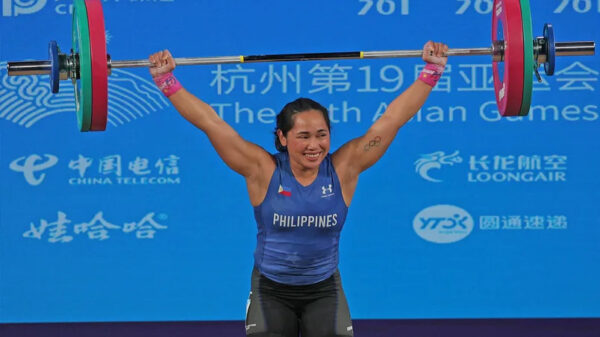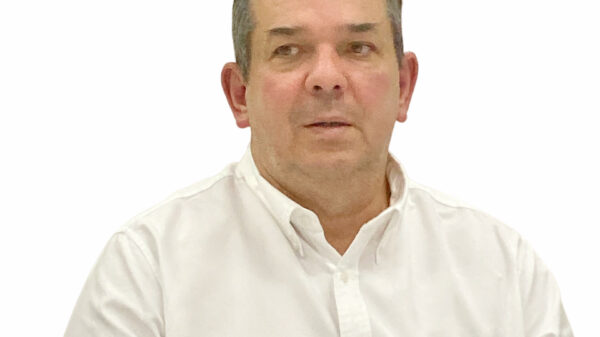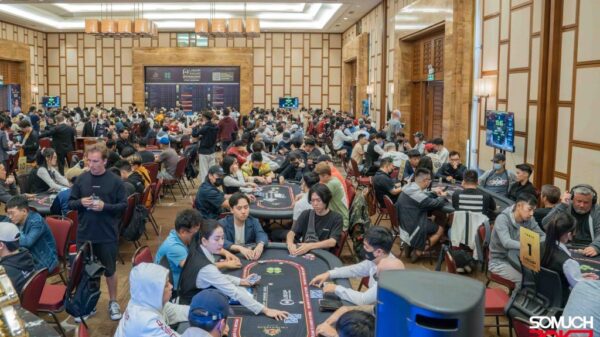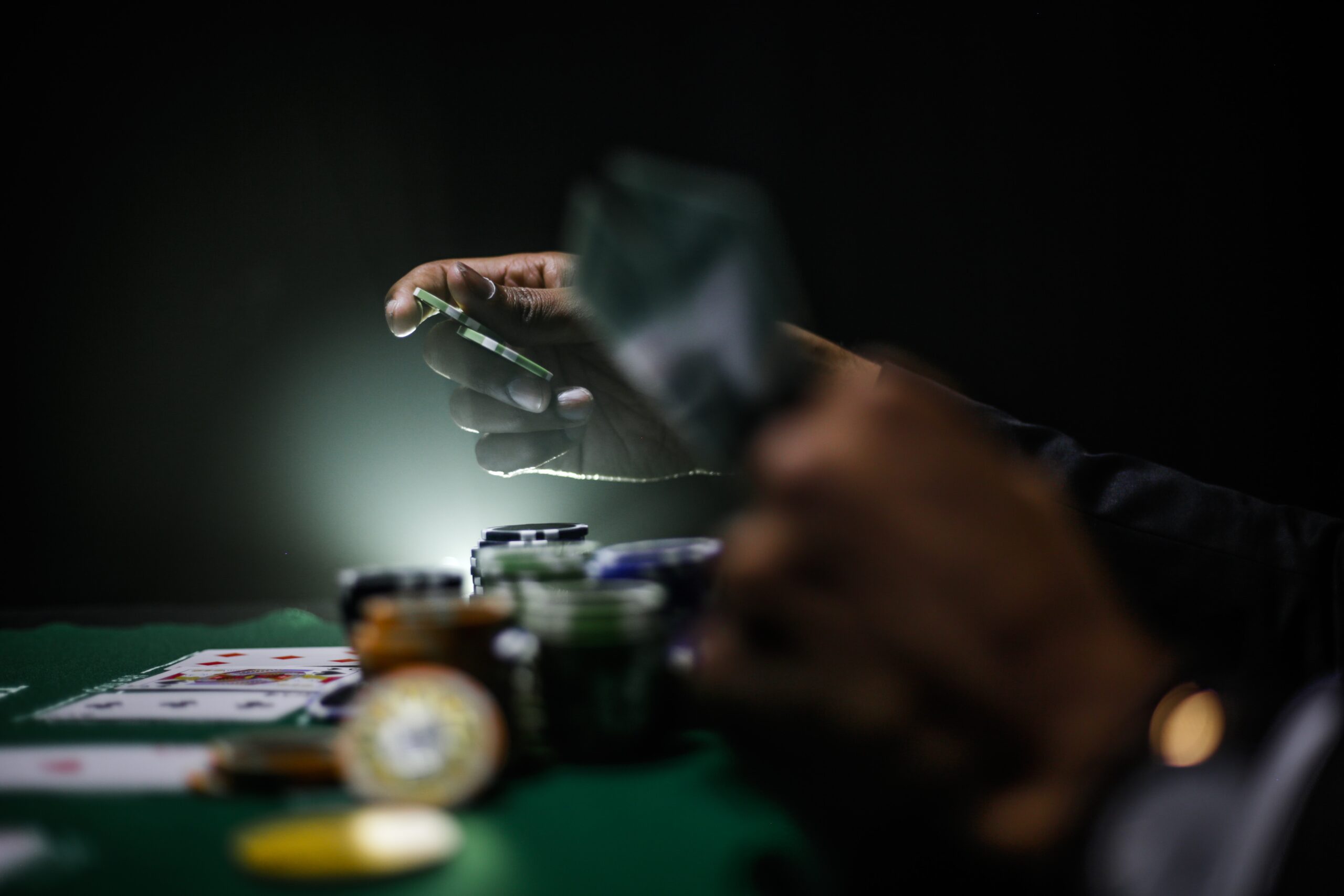Notice that this range excludes the bluffs from before. This is because they will rarely force a fold preflop and will often be dominated by hands uniquely played by this opponent (K7s, Q7s, A7s, ATo, etc). Also notice the expanded value range, which now includes AJo, AQo, ATs, KQ, TT and JJ. You can take it a step further and start 3-betting QJs and ATo if your opponent is calling extremely wide.
On the other hand, if your opponent folds very often to 3-bets, you should make the opposite adjustment: 3-bet more bluffs and the premium value hands.
Cash Game Tip 5: Check the flop a lot in multiway pots
You need to be selective with the hands you bet on the flop in multiway pots. The more players who see the flop, the stronger the hands you should check with. This is because the likelihood of an opponent hitting two-pair or better increases drastically.
Consequently, you should:
Check with strong top-pairs and overpairs if the pot has 4 or more players. These hands have much lower equity in 4-way pots compared to heads-up pots.
Bet small (1/4–1/3 pot) when you have two-pair+ or a very strong draw. Betting bigger risks chasing away all but the strongest hands.
Fold with many more bluff-catchers, even against very small bets since your opponents are unlikely to bluff in such unfavorable situations.
Cash Game Tip 6: Bet a lot when you’re heads-up and in position
In heads-up pots, you should frequently take a stab at the pot from in position, and when your opponent has shown weakness by checking instead of c-betting. This type of bet is called a “float bet”.
This bluff typically works well against weaker players because they fail to protect their checking ranges, choosing to check with only weak hands.
Be wary, though, of float betting against stronger players who are capable of checking good hands. When this strategy is unsuccessful it can end up costing you a lot of money.
Cash Game Tip 7: Check-raise on the flop with your strongest hands after defending your big blind
After defending your big blind against a steal from a player in position, you should almost always check-raise your strongest hands. This allows you to start building the pot so you can hopefully get all in by the river.
Make sure you stay very conscious of the board texture when check-raising. To be continued

